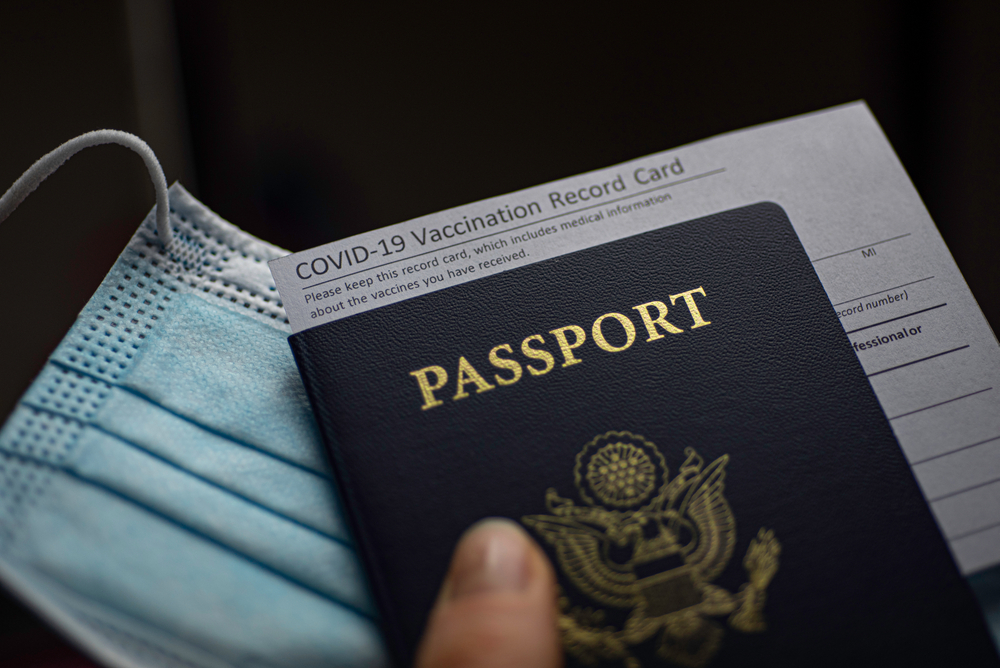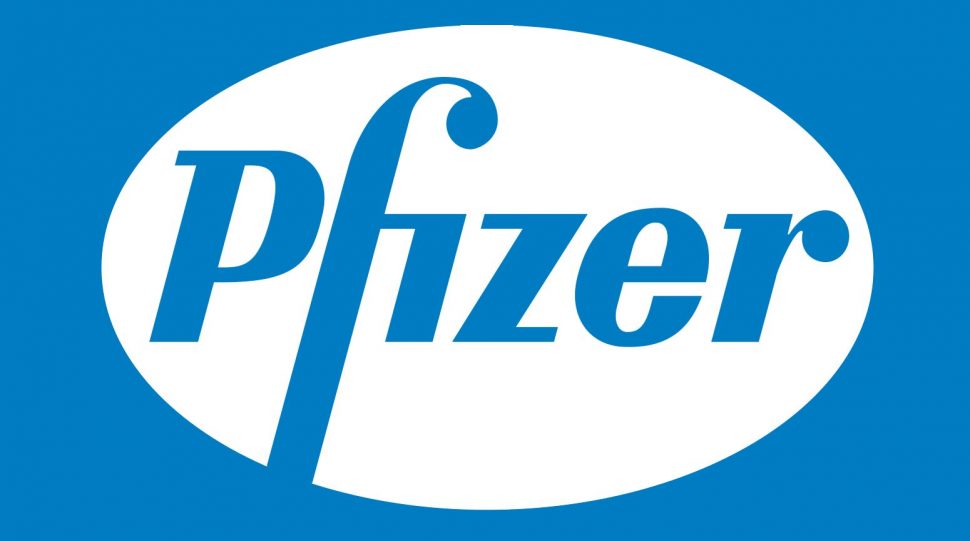Spring & Summer Travel: Essential Travel Vaccinations

Table of Contents
With spring break and summer vacation fast approaching, families and individuals across the U.S. are preparing for travel—whether domestically or abroad. For healthcare providers, now is the time to ensure that patients, especially children, are up to date on recommended travel vaccinations and equipped with health tips to stay safe during their trips. In order to do that, healthcare centers that provide vaccines need to ensure vaccines are stocked and ready to go.
As a physician buying group, USPPG helps healthcare facilities and providers stock up on essential vaccines in advance of peak travel seasons. By leveraging the power of a vaccine purchasing group, we ensure that our members have access to the necessary immunizations at competitive prices, allowing them to better serve their patients in a timely manner. Through our vaccine discounts, healthcare providers can obtain critical immunizations affordably, ensuring they have the supply needed when patient demand rises. This guide outlines the essential travel vaccinations, their importance, and key preventive measures for maintaining wellness while traveling.
Why Travel Vaccinations Matter
Traveling exposes individuals to new environments and potential health risks that may not be common at home. Vaccinations protect against serious diseases that could be prevalent in specific destinations. Healthcare providers play a critical role in ensuring that travelers are immunized against these threats, particularly children whose immune systems may still be developing.
The Centers for Disease Control and Prevention (CDC) and the World Health Organization (WHO) recommend that all travelers consult a healthcare professional at least 4-6 weeks before travel to determine which vaccines they may need. All international travelers should consult the CDC’s current travel health notices.
Recommended Travel Vaccinations
Routine Vaccinations
Before considering destination-specific vaccinations, ensure that all patients are up to date on routine immunizations, including:
- Measles, Mumps, and Rubella (MMR) – Outbreaks still occur in many parts of the world.
- Tetanus, Diphtheria, and Pertussis (Tdap) – Important for cuts, wounds, and respiratory protection.
- Influenza – Flu season can vary globally, and protection is recommended year-round.
- COVID-19 – Some countries may still have entry requirements or recommendations for vaccination.
Destination-Specific Vaccinations
Certain regions require or strongly recommend additional immunizations based on disease prevalence. Below are some key vaccines for popular spring and summer travel destinations:
Mexico, the Caribbean, and Central/South America:
- Hepatitis A – Spread through contaminated food and water.
- Typhoid – Common in areas with poor sanitation; available in oral and injectable forms.
- Rabies (for high-risk activities) – If engaging in outdoor activities such as hiking or caving where animal exposure is possible.
Africa and Asia:
- Yellow Fever – Required for certain countries; proof of vaccination may be necessary for entry.
- Japanese Encephalitis – Recommended for extended stays or rural travel.
- Cholera – Considered for those visiting areas with ongoing outbreaks.
Europe:
- Routine vaccines typically provide sufficient coverage, but tick-borne encephalitis (TBE) may be needed for those hiking or camping in forested areas.
Important Travel Vaccines for Children
Children are at increased risk for some vaccine-preventable illnesses while traveling. Parents should ensure their children have:
- MMR Vaccine – If traveling before 12 months old, an early dose may be required.
- Hepatitis A Vaccine – Routine in the U.S. but vital for international travel.
- Hepatitis B Vaccine – Essential for preventing transmission through blood and bodily fluids.
- Typhoid Vaccine – Available for children over two years old in injectable form and six years old for oral form.
- Travelers’ Diarrhea Prevention (Dukoral or bismuth subsalicylate) – Considered for older children traveling to high-risk areas.
Additional Health & Safety Tips for Travelers
1. Pack a Travel Health Kit
Healthcare providers should advise patients to carry a health kit that includes:
- Prescription medications (in original containers)
- Over-the-counter medications for pain, allergies, and stomach issues
- Hand sanitizer and disinfecting wipes
- First aid supplies (bandages, antiseptic, tweezers)
- Sunscreen and insect repellent
2. Prevent Food and Waterborne Illnesses
- Drink bottled or purified water in countries where tap water is unsafe.
- Avoid ice, raw vegetables, and unpeeled fruits in high-risk areas.
- Choose hot, well-cooked foods from reputable sources.
3. Protect Against Insect-Borne Diseases
- Use DEET-based insect repellents.
- Sleep under mosquito nets in malaria-prone areas.
- Wear light-colored, long-sleeved clothing.
4. Stay Hydrated, Well-Rested, and Eat Well
- Air travel and warm climates can lead to dehydration; drink plenty of fluids.
- Ensure adequate rest to avoid fatigue and jet lag effects.
- Practice good nutrition for vaccine response and overall health.
5. Know Local Healthcare Resources
- Locate the nearest hospital or clinic at your destination in case of emergencies.
- Carry travel insurance that covers medical expenses abroad.
Final Thoughts
With the excitement of spring break and summer vacations, healthcare professionals must remind travelers of the importance of vaccinations and preventative health measures. When patients, especially children, are properly immunized and prepared, healthcare providers can help reduce the risk of illness and ensure safer, healthier travels.
Encourage travelers to schedule their vaccinations at least one month before departure. This allows adequate time for immunity development. You can find the latest travel health advisories here: CDC Traveler’s Health or WHO International Travel Health.
By staying informed and prepared, travelers can fully enjoy their vacations while minimizing health risks. Safe travels!
Become a USPPG Member
USPPG is a physician buying group (PBG) that negotiates discounts on vaccines and other medical supplies by leveraging collective purchasing power. We partner with major vaccine manufacturers to secure lower prices and additional benefits.
Key Benefits:
- Membership is Free
- Access to Exclusive Discounts & Rebates
- Significant Cost Savings on Vaccines





